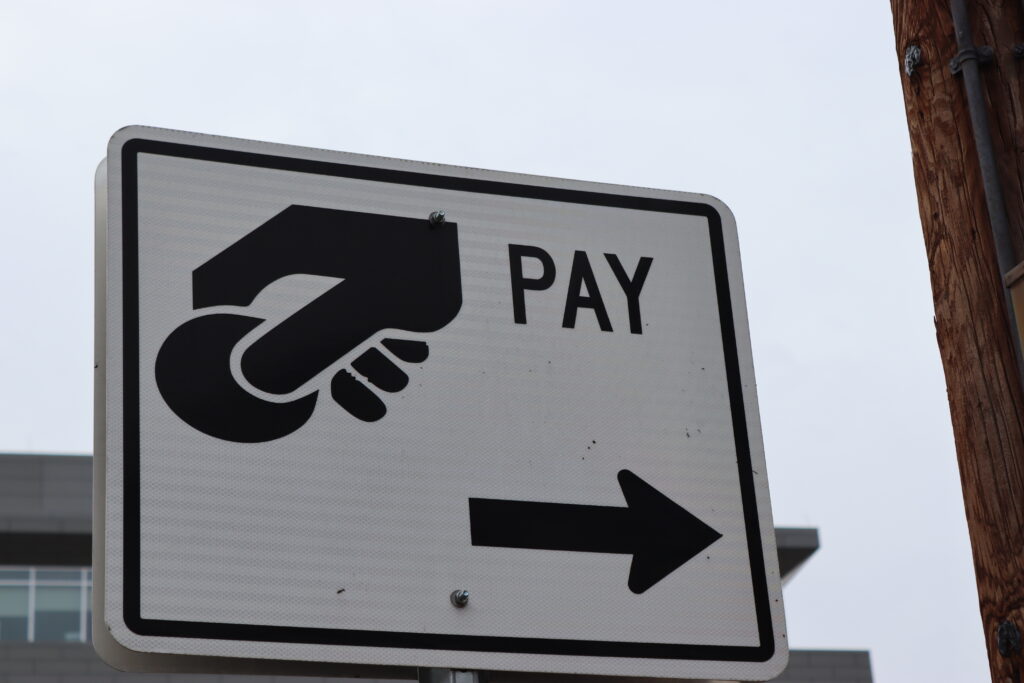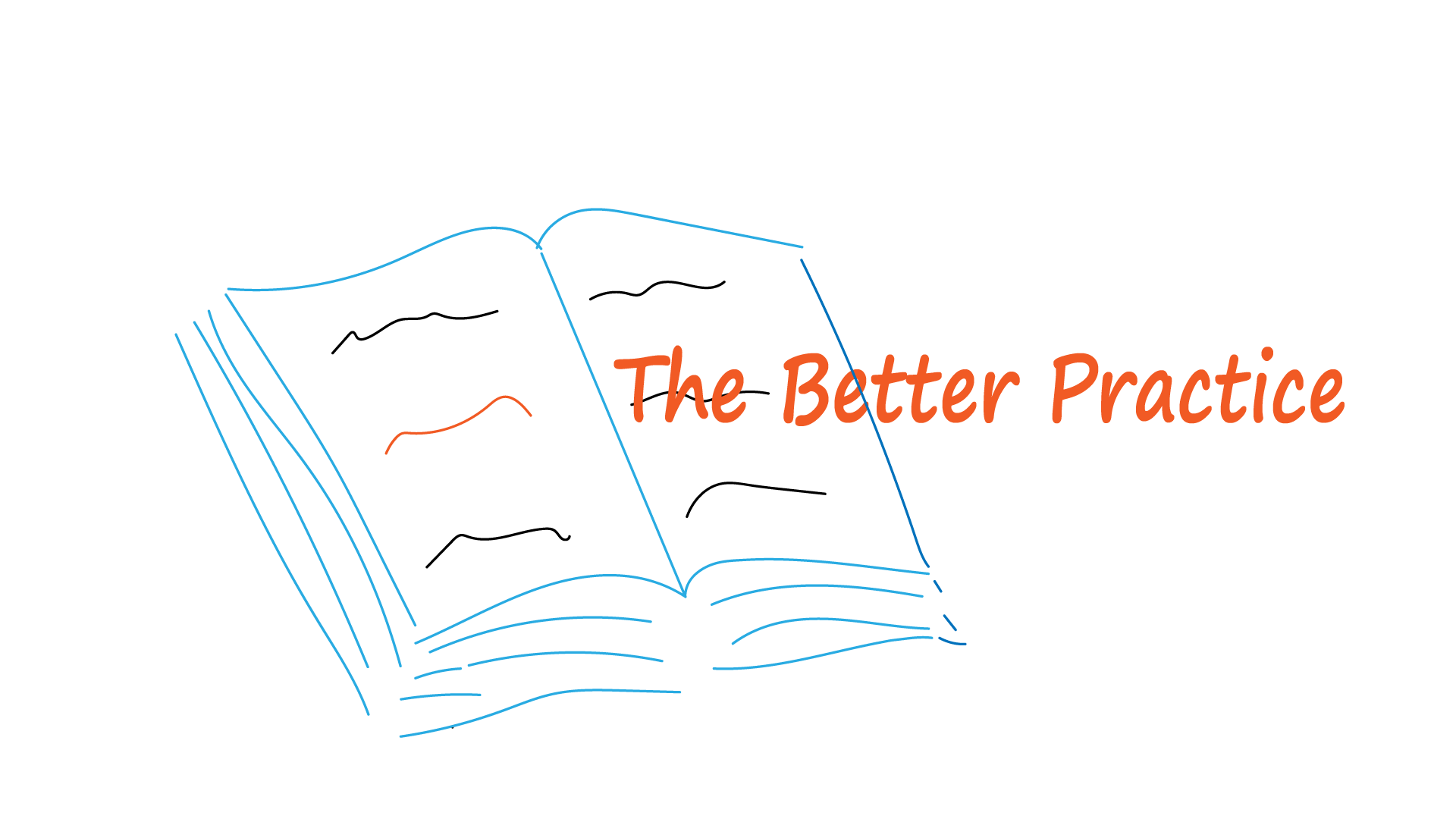Stiffed.

A few of my college friends and I became lawyers. Two of us went into public interest law. One friend went into the public defender’s office in New York and I a district attorney’s office in North Carolina. When my public defender friend was thinking about making a change a few years ago, we had a conversation about what she may want to do next. One thing that she said, at the time, totally confused me. I asked her about going into private practice and she said “Well, I don’t know if I really want to be a bill collector.” Why would going into private practice make her a bill collector? It took me a minute to get it. Oh! Because clients wouldn’t automatically pay you for the work you accomplished, relegating you to run after them to pay their bills? Aha! Got it! Wait, what?
When I was working for the State, it never occurred to me that part of the private practice hustle was about making sure that you got financially compensated for the work you did. That the private attorney had to work hard to actually get paid; separate and apart from doing the legal work. This whole premise came to my mind recently when I was watching a documentary about a certain dead conman who needed a lawyer when he legitimately got sued. The attorney for the conman was interviewed and spoke about successfully settling the conman’s case. However, said conman’s client neglected to pay the attorney his hard-earned fee. A fee that amounted to sixteen million dollars. Yeah, that would be six zeros after the one and the six. This attorney asserted that he entered into a contingency fee agreement where his fee tabulated to be sixteen million dollars. Needless to say, this attorney was mad and very displeased.
Several things about this extolled experience confounded me: 1) That one could reach a point in their legal career where millions of dollars was your legitimate fee, 2) That for all the expense and savvy of this very high priced attorney, why he wouldn’t mandate that any settlement funds received by the client automatically come to the attorney so that that they could run the proceeds through their trust account and then cut their fee FIRST and, 3) That even attorneys as high priced as this one can still be stiffed by their clients. What hurts most if you are this attorney: your pride or your pocketbook? Sixteen million dollars? Us mere mortal attorneys may say, fuck my pride, my pocketbook is really offended. But isn’t it all relative?
The point is that if you are an attorney that works for themselves, it is an unfortunate cost of doing business that client’s will walk out on their bills (or at least TRY to). Just like restaurants and food service businesses must allot a certain profit margin to shrinkage: the premise that before you even open your doors for business, you as a restauranteur have to budget for up to as much as 20% of your inventory walking out the back door. Perhaps we as attorneys need to factor in, for our bottom lines, a certain percentage of our labor each year that will go uncompensated. So how much should the solo or small firm practitioner allot each year of their earnings going uncollected due to wayward and deadbeat clients? Don’t we have more control over that based on our traditional fee structures? Can’t we really impact the percentage of clients that stiff us by diligent and disciplined practices? I think we can. But it is not easy. You have to pay attention. You have to be disciplined and pay attention to your gut.
I have a distinct memory of being a newly licensed attorney attending one of those new attorney seminars that the Bar puts on for starry eyed and green attorneys. I remember listening to a guest speaker attorney very starkly state to us that she would not go to court or appear on a client’s behalf until being fully retained. At the time, I thought she was being a bit of a hard ass. But she wasn’t. What she was trying to impart to us was a very firm business principle: If you perform your service fully without being fully compensated for it, the client will not value your service and not see the point in paying you past that initial appearance. I mean, haven’t they already gotten the goods already? Why pay you one dime more? They got the steak and didn’t have to pay full price for it. But aren’t we fancy schmancy lawyers? We wear suits and look really expensive and important. How can a client not pay us for it? You would be surprised.

Clearly, if I am telling you about a high dollar litigator that got stiffed for sixteen million dollars it means that this can happen to even the most average attorney. So, how CAN the solo or small firm practitioner keep from being stiffed by the ever so needy but cheap client? Here is what I have learned:
Have a Fee Agreement
- Make sure to have a fee agreement signed by the client. I cannot tell you how many attorneys, especially those who were born prior to 1975, fail to execute fee agreements with their clients. Having a fee agreement at the outset communicates to the client that you are organized and legitimate. As such, the expectation of being paid or compensated for your work is expected and demanded from the start.
Don't Go To Court w/Out Cash in the Bank
- For the litigators in the house: do NOT make an appearance in a case without being fully retained. What do I mean? I mean if it is a flat fee matter (like a criminal case) then before you set foot in a courtroom to stand by your client, make sure that you have received every cent of your fee. In some venues, courts will NOT allow you to withdraw without another attorney taking your place no matter how early in the process you are. That mature attorney who I heard this from was totally correct. Do not let clients, in your initial consultation, pray upon your sympathies in trying to make you break this rule; because they will. Make sure you have charged what you are willing to accept for the matter and gotten it up front. Because once you are snared into that case, you will not be able to get out and clients will know and understand that you have to be their attorney; regardless as to whether or not you have been paid by them at that point.
Watch Your Trust Balances
- Watch client trust funds closely. Once a client’s trust funds get low, make sure to take time to assess what needs to be done on the case and if what remains in their trust account will cover it. If not, well before that trust deposit balance hits zero, make sure to request the client replenish it. If the client fails to heed those warnings, then send them a letter indicating you cannot work any longer and attach a copy of your motion to withdraw that you intend to file. You don’t want to get into a situation where a client’s case has blown up, but you don’t have sufficient monies in trust to cover the costs of the work.
Be Brutally Honest
- Do not be afraid to have a brutally honest conversation with your client about the status of their account. Some may think that this approach is too direct, but I do not know how not to be in money matters. Let the client know that you enjoy working with them and want to help them with their legal matter. However, as they probably do not work for free, neither do you and that in order to continue the relationship, the client needs to honor their financial commitments to you.
Mind Your Concessions
- Develop a policy and stick to it, no matter what. There is always the temptation to make concessions for a client here or there. No one says you can’t make concessions. However, if you do, do it at the fee agreement stage so it is clear that you are being hired under those concessions. Don’t do it in the middle of the representation. Making late-stage concessions sends a message to the client that you don’t mean what you say when it comes to your fee arrangement. When the power company supplies power to your home, it is clear that if you don’t pay the bill, they shut your shit off. No difference in terms of your financial relationship with your client. By developing a staunch policy and sticking to it, you help manage expectations regarding payment and reduce surprise when you tell your client you are exiting their case due to non-payment.
I don’t know about any of you, but I work really, really hard. I strive tirelessly to complete my work for my clients, be responsive to their legal needs, and make sure that client’s rights are being asserted and honored. We as lawyers have to juggle so many things while still ensuring that clients are fully informed and understand what is going on legally. Putting processes in place to ensure that we are compensated for this work when we do it.
